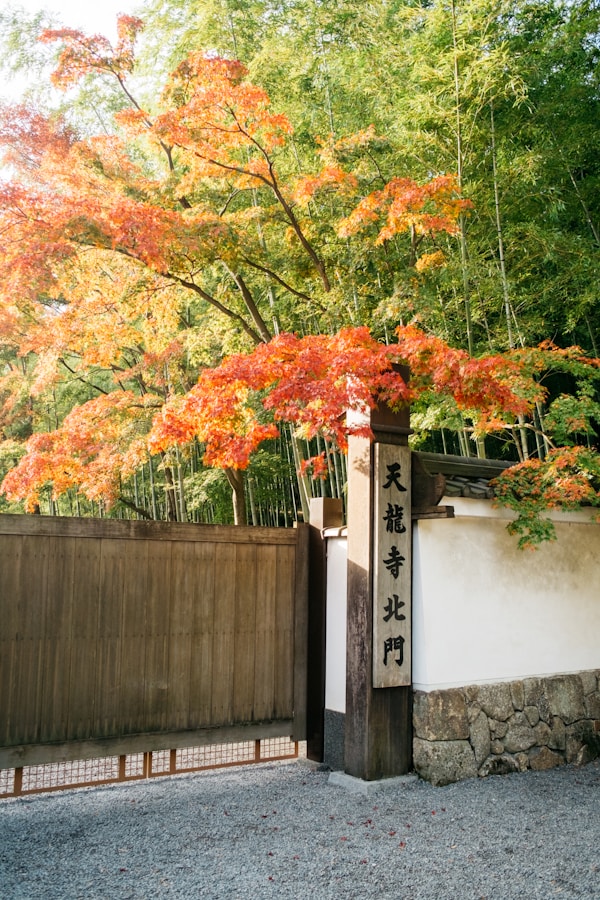.svg)
Cash Buyers vs. Mortgages: What It Means for Selling Your Home
.svg)
.svg)
.svg)

Thinking about buying a home in Japan? This guide compares Japanese mansions (condos) with standalone akiya homes and explains why akiya are often the smarter investment. Discover the pros, cons, and long-term value of renovating an abandoned home in Japan.
.jpg)

In the Japanese real estate market, you’ll often come across two drastically different options: mansions and akiya. One is modern and convenient; the other is old, quirky, and usually a fixer-upper. But when it comes to long-term value, character, and lifestyle potential—standalone akiya homes are often the smarter investment.
Let’s explore what makes an akiya worth your attention and why renovating a detached house can be far more rewarding than buying a boxy condo in the city.
.jpg)
First things first: in Japan, a “mansion” (マンション) doesn’t mean a luxury estate. It refers to a concrete apartment or condominium—typically located in a city or suburb. These are usually:
They’re clean, consistent, and convenient—but also uniform, restrictive, and often overpriced for the amount of space.
An akiya (空き家) is a vacant or abandoned home, often located in rural or semi-rural parts of Japan. These homes vary widely in condition—from livable bungalows to crumbling kominka—but they offer:
Let’s break down why a standalone home (even in rough shape) can outshine a mansion condo:
When you buy an akiya, you’re purchasing the land and the structure. That means:
Condos? You’re buying air space—not land—and are still subject to monthly fees and association rules.
Akiya homes are shockingly cheap. In some prefectures, you can find:
Compare that to a 25m² Tokyo mansion unit that can cost more than $300,000—and you’ll see the value.
Want to gut the kitchen? Add solar panels? Build a rental cabin on your lot? Go for it.
With a standalone akiya, you have full creative freedom (as long as you follow local building codes). Mansions often have:
Mansion ownership usually comes with:
These can add ¥10,000–¥30,000+ per month, regardless of whether you live there. Akiya homes are free from these recurring costs.
Living in an akiya often means being part of a small community, participating in festivals, and waking up to mountain or rice field views.
In contrast, condo living in urban Japan can feel more sterile and isolating—especially for foreign buyers seeking authenticity.
It’s not all sunshine and engawa breezes—akiya ownership comes with its own challenges:
Still, with the right team and support, most of these can be handled affordably.
As Japan confronts a growing inventory of abandoned homes and declining rural populations, some akiya properties are now eligible for:
That means your upfront cost may be low and your renovation may be partially reimbursed.
Plus, akiya in scenic or historic locations can become:
If you value:
Then a standalone akiya is the clear winner.
Sure, it may require work—but the long-term payoff, both financially and emotionally, is worth every bit of effort.
Old Houses Japan connects international buyers with renovation-ready akiya properties all across Japan—from mountain hamlets to coastal fishing towns.
📩 Start your akiya search now!
Start your journey with Luxey today! Sign up for free and get instant access to the best property listings.



